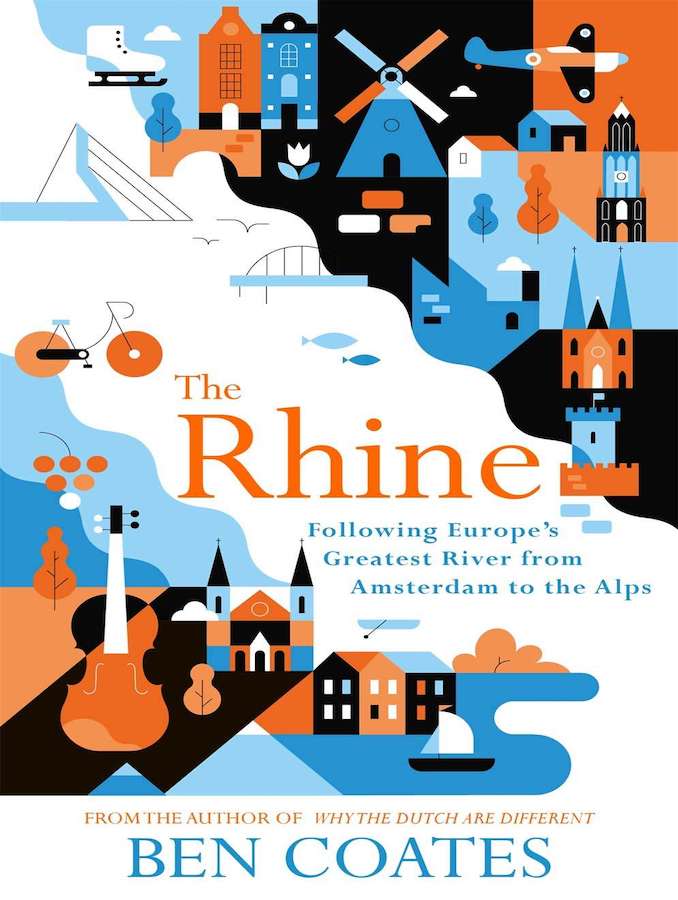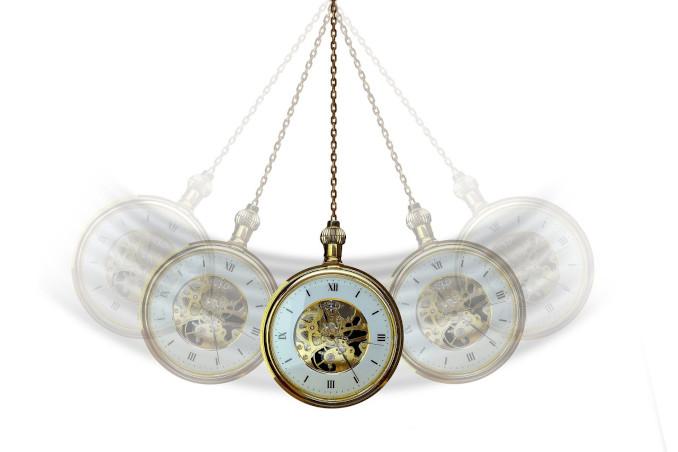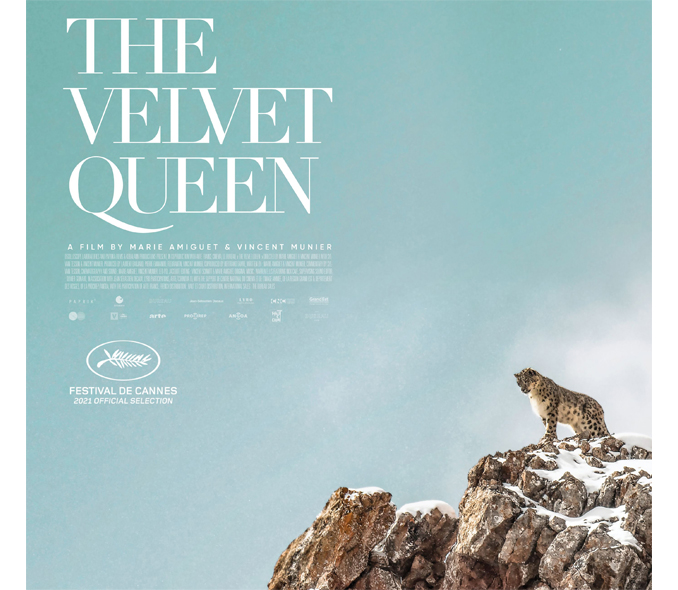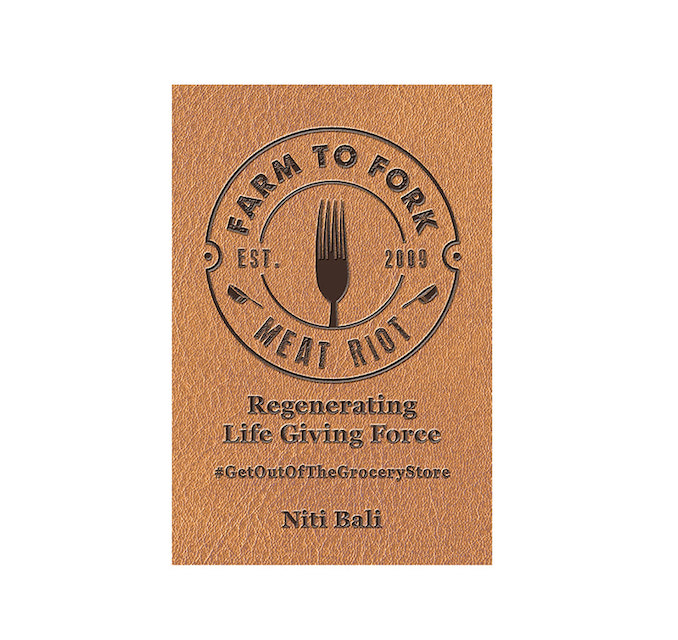"All along the river, the people I spoke to were hard-working and deeply attached to the mental security blanket of having a decent house, clean car and steady job. They were relatively wealthy, but at the same time quite ambivalent about wealth, and disdainful of anything which smacked of excessive consumption. Family was important, but having expensive jewelry or a fancy haircut usually were not. People considered it essential to be productive and efficient, but would also think it an outrage to be expected to reply to a work email on the weekend. From Rotterdam to Ludwigshafen, they counted pennies and returned empty bottles, avoided running up debts, and were careful to save for rainy days." ~ Ben Coates
By Catherine Austin Fitts
In May, I watched the documentary Water: The Great Mystery for a second time.
At 36 minutes into the video, the narrator tells the story of a poor 17th-century German farmer named Gentz from Hesse. Orphaned as a young child, he had amnesia. He could not remember where he was from or his real family. In the autumn of 1632, he decided to go on a journey to find his origins. Approaching Waldshut am Rhein (called Waldshut-Tiengen today) on the Rhine River—on the Swiss-German border as the river flows westward from Lake Constance—Gentz drank water from a spring. The water brought back his memory. He could remember his early life in that area, his mother and father, and their family home. As the film's narrator explains, this story illustrates that the structure of the water in our body is related to the structure of the water in the place where we were born.
There was something about this story that struck me. I realized that the Rhine flows through many of the places where I stay in Europe, including Lake Constance (where I am as I write this today) and Basel (home to Thomas Meyer). I also regularly visit Zurich and stay by Lake Zurich, spending most of my free time on or by the Lake. The water from Lake Zurich flows westward through the Limmat to the Aar to the Rhine.
When I am in the Netherlands, I live in Friesland right on the IJsselmeer, which is an enormous closed-off inland bay. I can see the IJsselmeer from my desk window, and I walk along its shores almost every day. After rewatching the water documentary, I pulled out the map and realized that the waters of the Rhine in the Netherlands branch into three distributaries: the Waal, Nederrijn ("Nether Rhine"), and IJssel. The IJssel carries the Rhine water into the IJsselmeer.
For someone who prides herself on understanding geography, I was stunned at my ignorance about my attraction to the waters of the Rhine over many years. I decided that it was time to learn more about the Rhine. My choice for a first read was a book by British author Ben Coates: The Rhine: Following Europe's Greatest River from Amsterdam to the Alps. Coates' publisher describes his work as follows:
For five years, Ben Coates lived alongside a major channel of the river in Rotterdam, crossing it daily, swimming and sailing in its tributaries. In The Rhine, he sets out to follow the river for its entire course, through the Netherlands, Germany, France, Switzerland, Austria and Liechtenstein, to its source in the icy Alps. He explores the impact that the Rhine has had on European culture and history and finds out how influences have flowed along and across the river, shaping the people who live alongside it. Along the way, he goes rowing through the centre of Amsterdam, explores underground nuclear bunkers, climbs through forests to ruined castles, goes wine-tasting in three different countries and rides on a cow through the mountains. He learns how water shaped the history of Holland, why Germans aren’t as efficient as everyone thinks they are, how the Romans brewed beer with ox-guts, why the Swiss like shopping, why the Dutch eat so much cheese, and why gambling a book advance in a casino isn’t a good idea.
The Rhine is indeed one of the world's great rivers. However, it is far from one of the longest. At 1,233 km, it is less than half the length of the Danube and ranks 131 on a list of the world's longest rivers. What is remarkable are the enormous contributions to the world's culture and economy that have come from the people who live and work by the Rhine in Switzerland, France, Austria, Germany, and the Netherlands. Coates offers fascinating history about the numerous worlds that have grown and thrived by the Rhine over many centuries. One segment that I found of particular interest is the history of the Frisians and the Hanseatic League, conveying the Frisians' impressive success at currency creation and trade and their historical commitment to freedom. I now find myself with more areas to explore than when I started.
My takeaway is that you might want to investigate the nature of the water and waterways where you were born and live. For me, my attraction to the Rhine remains a deeply rewarding mystery. Yesterday, I was describing this book review to the Solari team on our conference call. One team member spoke up. I have known him for several decades, and from the moment I first met him, I liked him enormously. He has a vitality and intelligence that are remarkable. He said, "Did you know I was born near Frankfurt in a hospital near the Rhine?" I had no idea.
My research into the Rhine and the waterways in my life will continue. Thanks to Ben Coates and his charming book The Rhine, my learning journey is now underway.
Related Reading:
The Rhine: Following Europe's Greatest River from Amsterdam to the Alps









One of my favourite poets, Friedrich Hölderlin, whose 250th anniversary is celebrated this year (just like Ludwig van Beethoven’s), famously wrote about the Rhine River in this lengthy poem:
https://sites.google.com/site/germanliterature/19th-century/hoelderlin/der-rhein-the-rhine
…So celebrate the bridal party, people and gods,
Exalt it, everything alive,
And fate will be in balance
For a while.
And the refugees quest for the harbor,
And the brave for the sweetness of slumber,
The lovers, however,
Remain what they were, staying
At home, where the flower rejoices
In harmless ardors and spirit whispers
Through dark trees, but the unreconciled
Are transmuted – they rush
Out their hands in offering,
Before the light of the friend goes down
And the night comes….
What a beautiful poem. That is marvelous.